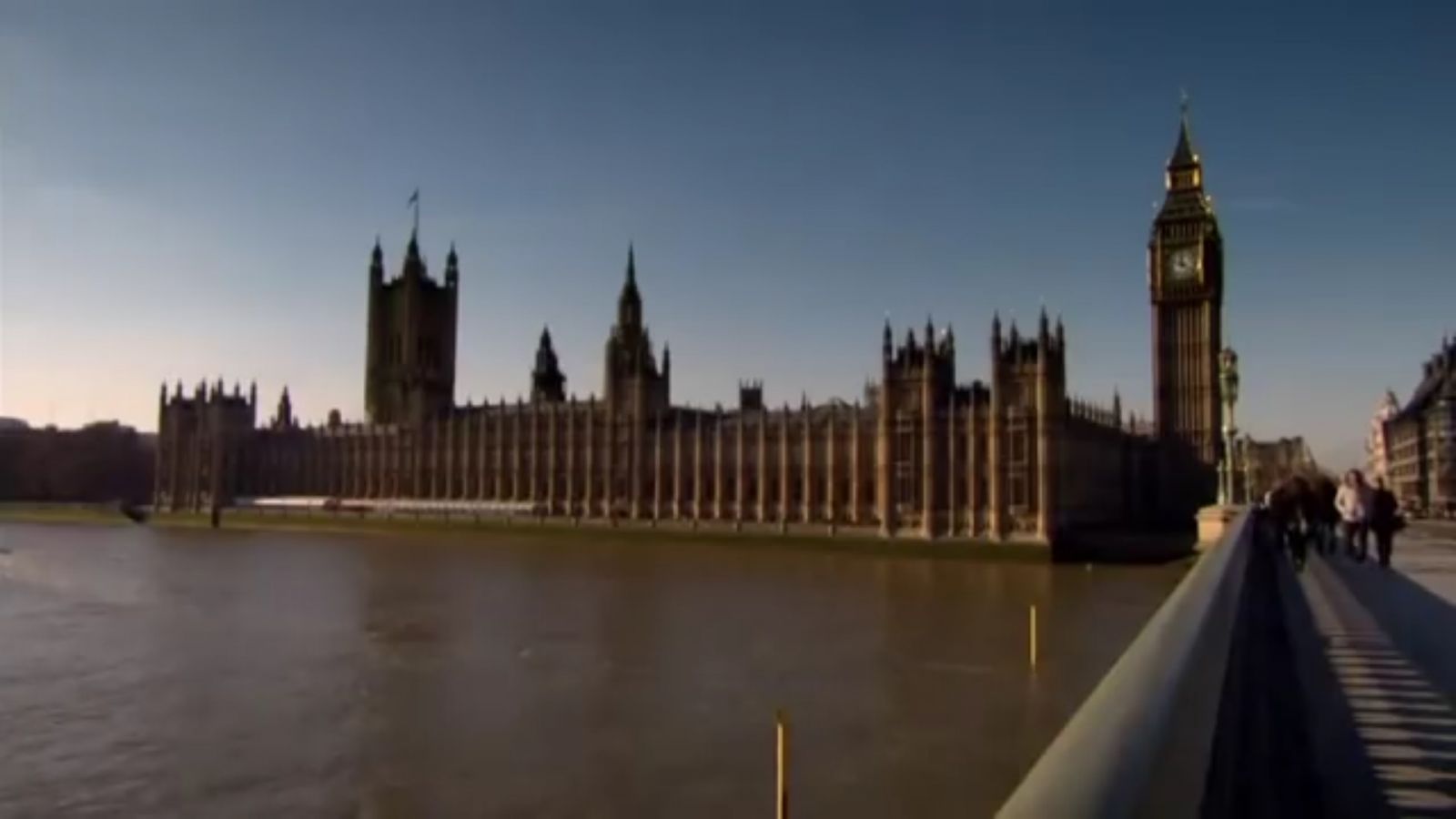Strategy
Wealth Managers React As UK Falls Into Recession

After the UK ended 2023 in a recession, wealth managers discuss the impact, the potential for the Bank of England (BoE) to cut interest rates, and possible tax cuts in the Spring Budget.
UK gross domestic product (GDP) was down 0.3 per cent over the three months to the end of December, according to the Office for National Statistics, a second consecutive quarter of negative growth, pushing the UK into a technical recession.
The recession took place as households cut back on spending, reflecting weakness across all three major sectors of the economy. Services output fell by 0.2 per cent quarter-on-quarter whilst construction output dropped by 1.3 per cent quarter-on-quarter and production by 1 per cent. GDP had been expected to decline by 0.2 per cent month-on-month. Nevertheless, the Organisation for Economic Co-operation and Development (OECD) predicts that UK GDP will rise by 0.7 per cent in 2024 and by 1.2 per cent in 2025, ahead of France and Germany, but less than Spain, Canada and Australia.
Here are some reactions from wealth managers to the latest drop.
Nicholas Hyett, investment analyst at Wealth
Club
“The UK officially exited 2023 in recession with
economic growth in December weaker than economists had been
expecting, leading to a second quarter of negative
growth. With inflation lower than expected this week, the
news that the UK is in recession will lead to growing
pressure for the Bank of England to cut interest rates.
“But, while recession is clearly bad news for the UK economy, it's worth bearing in mind that, as recessions go, this is still a very mild one, and might yet get revised out of existence altogether. Whether the recession transforms into something that's remembered outside the pages of an economic history textbook remains to be seen."
Julian Jessop, economics fellow at the free market think
tank, the Institute of Economic Affairs
"There are plenty of excuses for the weak GDP data – many other
countries have also slipped into recession, the numbers may
be revised, and leading indicators are already improving. But the
news is bad enough that it should have some implications for
policy too.
"In particular, the Bank of England expected the economy to be flat in the fourth quarter of last year. On top of a downward revision to GDP in the first quarter, this means that the economy is already 0.4 per cent smaller than assumed in the February monetary policy report. The monetary policy committee’s (MPC) job is to worry about inflation, not growth, but the case for early rate cuts is now even stronger.
"There will also be more pressure on UK chancellor of the exchequer Jeremy Hunt to cut taxes in the Spring Budget. The chancellor needs to be careful here. There is already some additional stimulus from the cuts in National Insurance in January and from the increases in pensions, benefits and the national minimum wage in April.
"The key driver of the slump into recession is the increase in interest rates. It is important that the chancellor avoids doing anything that might reignite inflation and encourage the bank to keep rates higher for longer. But there is room for some well-targeted tax cuts that would both support demand and boost the productive potential of the economy.
"Nonetheless, the UK's problems clearly run deep, and a few tweaks to interest rates and tax rates won't fix them. The longer-term story is that the economy is facing two decades of stagnation. There is an urgent need for the government to pursue pro-growth policies across the board."